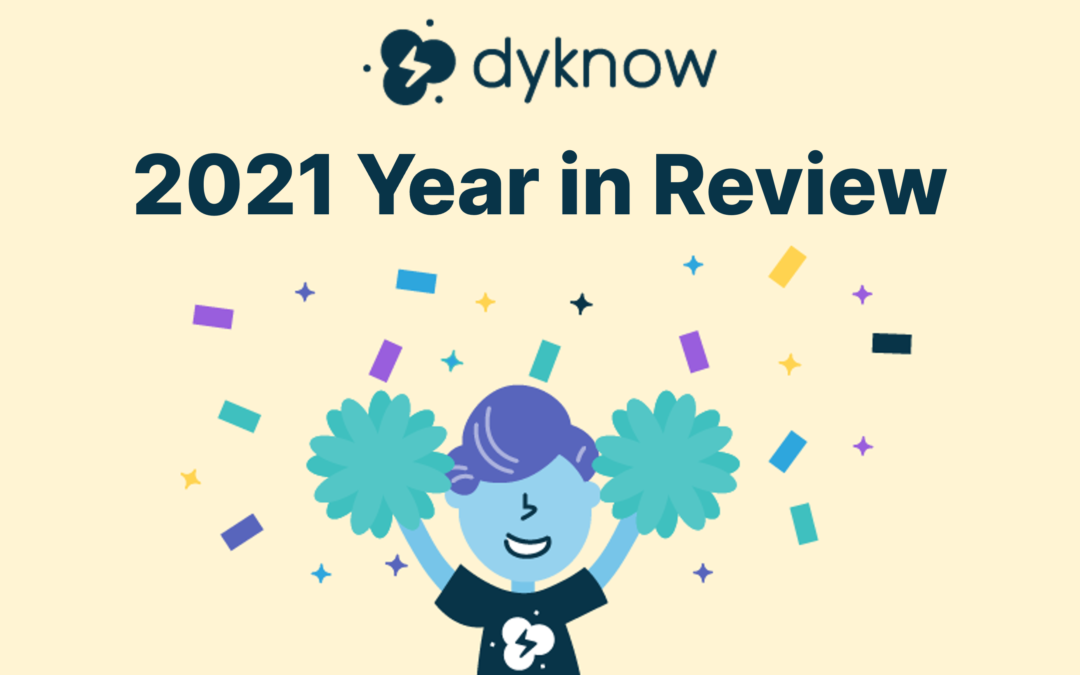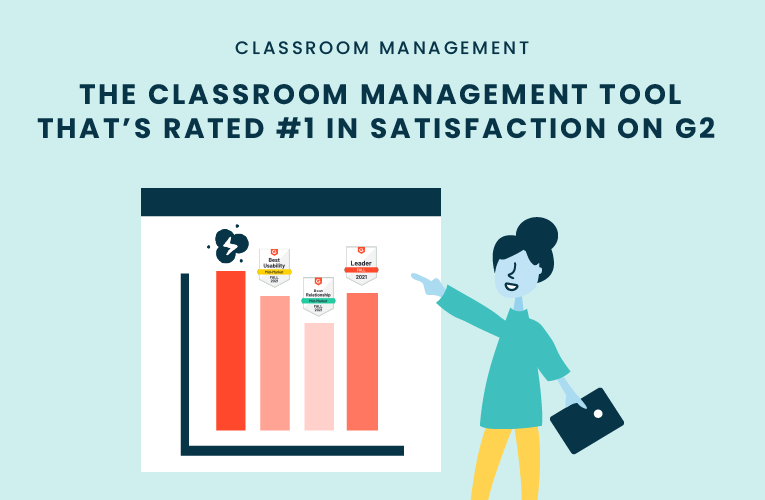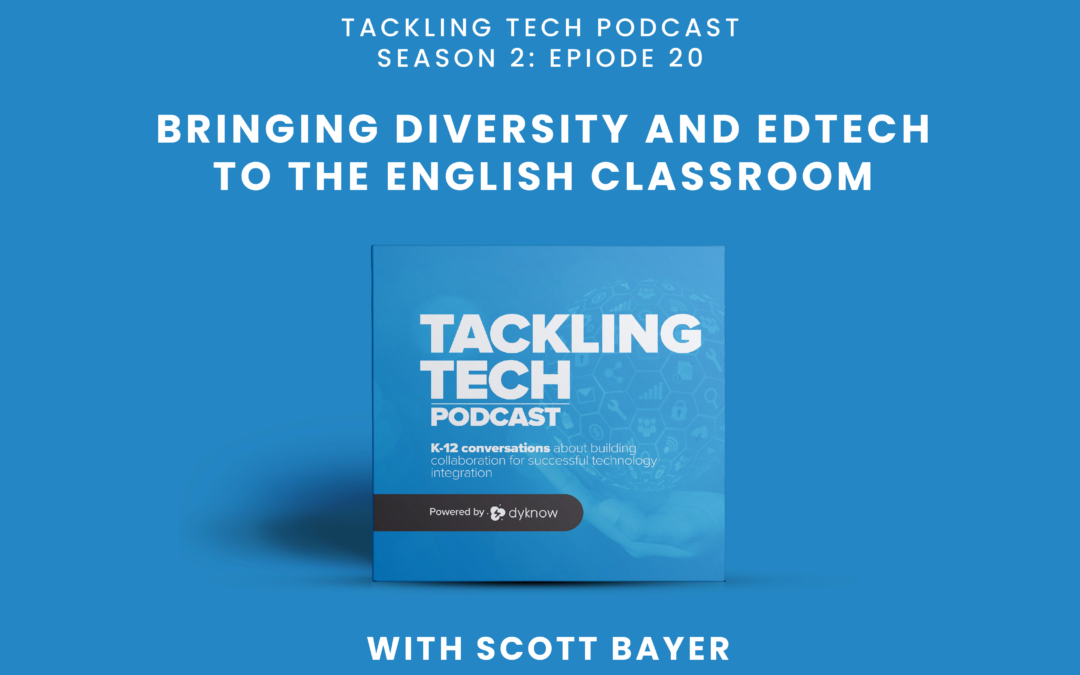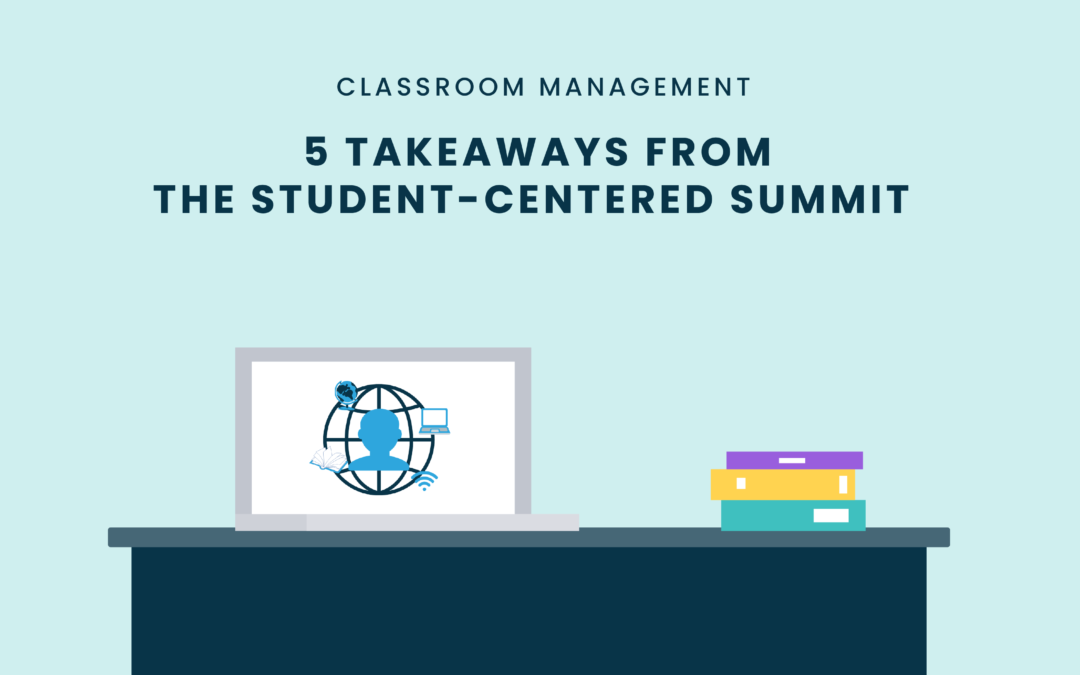We recently hosted our first digital event of the summer, the Student-Centered Summit, where we discussed with leading K-12 educators the importance of student-centered instruction. As we use the Summer months to prepare to go back to in-person learning, student-centered instruction is top of mind of educators after a year of teacher-focused learning. It has become clear that teachers and faculty will need to prioritize student-centered instruction to make sure students are receiving the differentiation, instruction, and leadership that will be required to transition back to in-person learning. We spoke with educators Todd Nesloney and LaQuisha Hall to find out the most important parts of student-centered instruction in 2021.
5 Takeaways from the Student-Centered Summit
1. Get to know students in ways that are more than surface level.
Have conversations with your students about how they adjusted and/or struggled over the past year and learn how you can support them moving forward.
“Being vulnerable with your scholars is extremely important. It’s okay to share here. It’s okay to be yourself here” – Laquisha Hall
2. Leaders come in many different forms and not every leader is the same
A leader is not the loudest person in the room, the first person to raise a hand, OR the first person to answer the question. Leaders come in many different forms and not every leader is the same. So often introverts are overlooked and bucketed. You need to get to know your kids to know how hard you can push them, not to fit the same mold but to grow! We learn when we are uncomfortable.
“I am not pushing all of my students to fit the same mold” – Todd Nesloney
3. Let students come to their own conclusions
Step away from the traditional way of teaching where a question is asked and an expected answer is already formed. Let students come to their own conclusions and hear from their peers to build stepping stones for leadership.
4. Make sure students know that you see them as something higher than they see themselves.
Laquisha gave a great example of how she refers to her students as scholars. If students are able to see that others see greatness in them, they may begin to see greatness in themselves.
“The mediocre teacher tells. The good teacher explains. The superior teacher demonstrates. The great teacher inspires.” – William Arthur Ward.
5. Prepare skeleton lessons for the upcoming school year
So many teachers want to be prepared ahead of time for the upcoming school year, which is great!. A great way to avoid over-preparation or no room for spontaneity is by preparing skeleton lessons that you can add in as student interests arise. You can also bring in some of your own interests to make content more exciting for you and your students. A great way to get to know each other a little bit more.
Start teaching confidently with Dyknow for free!
Latest blog articles

Dyknow 2021 Year In Review
In addition to web browser updates and bug fixes, Dyknow released several major product updates, new features and enhancements. Check out Dyknow’s 2021 Year in Review!

The Classroom Management Tool that’s Rated #1 in Satisfaction on G2
K-12 Administrators across the world trust G2 as the #1 platform to find, research, and choose EdTech tools that solve the most pressing problems their teachers are experiencing. In G2's Fall 2021 Reports, Dyknow was once again rated #1 in overall Satisfaction out of...

Bringing Diversity and EdTech to the English Classroom
On this episode of Tackling Tech, Tierra Leustig interviews Scott Bayer about being an anti-racist teacher, diversifying reading lists, creating inclusive learning environments, and leveraging ed-tech in non-technical ELA classrooms. Scott Bayer is a High School...

